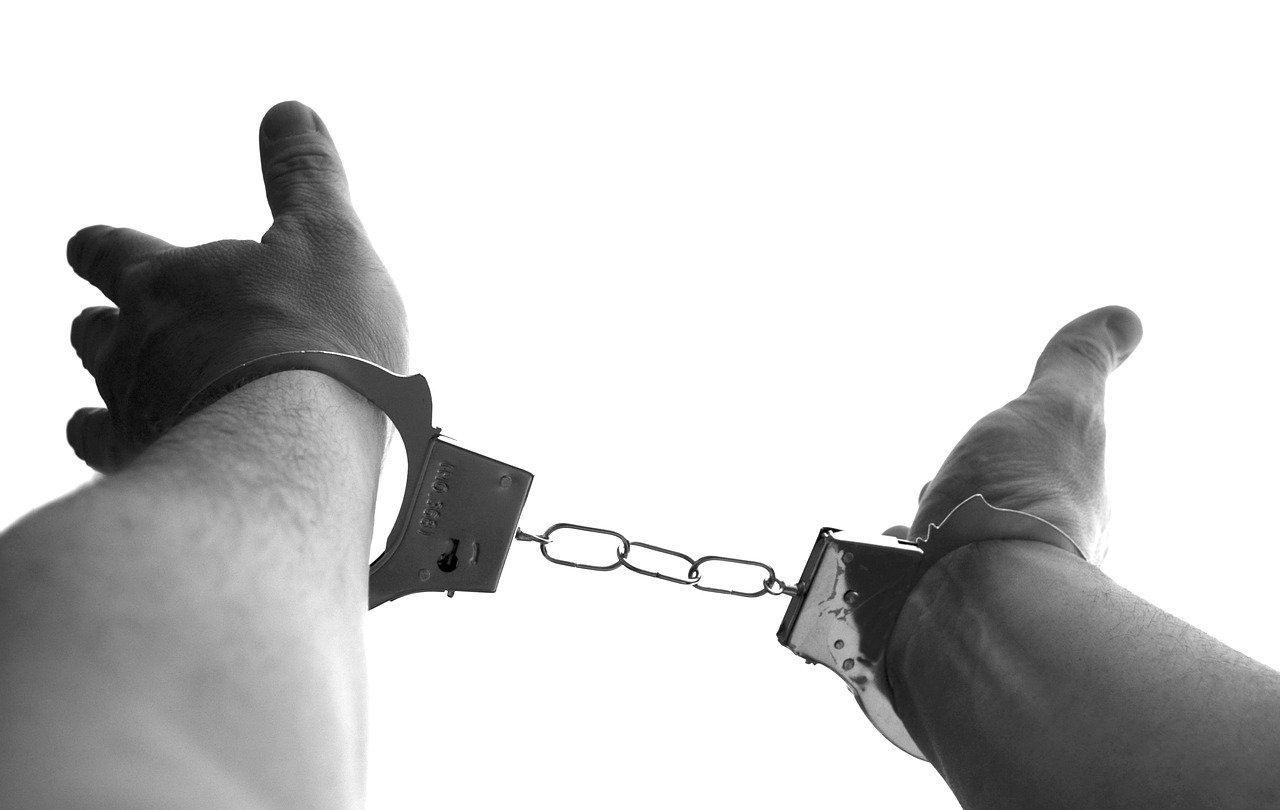A wide variety of crimes qualify as felonies under Pennsylvania law. Some crimes are automatic felonies, and other crimes are felonies in some cases and misdemeanors in others. Felonies also fall into three separate categories based on their severity, ranging from first-degree felonies to third-degree felonies, as 18 Pa. C.S.A. §106 states. In many cases, felony offenses involve significant bodily injury to others, but some drug, theft, and white-collar crimes are felonies in Pennsylvania. Some common examples of felony offenses include murder, rape, kidnapping, and several other types of criminal offenses.
The circumstances that surround a particular criminal act and a history of prior offenses often dictate whether a criminal charge is a felony or a misdemeanor, as well as what degree of felony charge you will face. For instance, if a crime results in actual physical harm to another person, the resulting felony charge may be a higher degree than a crime that only poses a risk of harm to others. Another example is theft charges. Not only do the circumstances that surround the theft dictate the type and degree of charge, but the value of the property also affects the level of the charge.
First-Degree Felony Offenses
First-degree felonies are the most serious of all crimes. A conviction for a first-degree felony can lead to a prison sentence of up to 20 years and a maximum $25,000 fine. Many first-degree felonies result in substantial physical harm to others. Voluntary manslaughter is a first-degree felony. Other examples of first-degree felonies include some cases of aggravated assault, kidnapping, and some cases of trafficking in individuals.
Some drug crimes also are felony offenses. These crimes include possession with intent to deliver some illegal drugs or drug dealing and drug trafficking. The degree of felony charge arising from these acts depends largely on the type and amount of the drug involved. State law classifies illegal drugs into different schedules based on their risk of abuse and harm to the public. Therefore, possession of a large quantity of a Schedule I drug, such as heroin, is likely to result in a higher degree of felony charges than possession of a small quantity of a Schedule III drug, such as Vicodin.
In some cases, property crimes also constitute first-degree felonies. For instance, theft of property worth more than $500,000 or theft by receiving stolen property involving a firearm are first-degree felonies. Likewise, aggravated arson and arson endangering persons can be first-degree felonies, depending on the circumstances.
Second-Degree Felony Offenses
Second-degree felony offenses are more serious than third-degree felony offenses but less serious than first-degree felony offenses. A second-degree felony conviction can lead to a ten-year prison sentence and a $25,000 fine. Common second-degree felony offenses include some cases of aggravated assault, theft of property valued at between $100,000 and $500,000, some cases of statutory sexual assault, and most burglary cases.
Aggravated assault while driving under the influence is another example of a second-degree felony offense. Some white-collar crimes, such as forgery of government documents, also are second-degree felonies.
Third-Degree Felony Offenses
Third-degree felony offenses are the least serious felony offenses with the least severe penalties. Nonetheless, you still can face up to seven years in prison and a $15,000 fine for a third-degree felony offense. Although DUI is typically a misdemeanor offense, DUI for individuals who have three or more prior offenses and DUI for individuals with a minor in the vehicle and two or more prior offenses both are third-degree felony offenses.
Other common third-degree felonies include:
- Second or subsequent stalking offenses
- Bribery
- Theft of property worth between $2,000 and $100,000
- Carrying a concealed firearm without a license any place other than your home or business
- Discharge of a firearm into an occupied structure
Since a third-degree felony charge is only one level of criminal charge above a first-degree misdemeanor, many crimes can be either first-degree misdemeanors or third-degree felonies, depending on the situation. For instance, indecent sexual assault is typically a first-degree misdemeanor but can also be a third-degree felony if it is a second or subsequent offense or involves certain circumstances.
Learn More About Felony Criminal Charges and Penalties Today
If you or a loved one is facing criminal charges, getting the information and advice that you need about your situation can be key to a positive outcome to your case. Knowing what crimes are felonies in Pennsylvania can help you have a better understanding of the potential penalties in your case if you have been charged with certain crimes.
You are likely to have many questions and concerns as you go through the criminal process. Remember that with McKenzie Law Firm, P.C. on your side, you will not be alone during this battle. We stand prepared and willing to defend you against all criminal charges. Call our offices today at (610) 991-7219 and get more information about the legal services and representation that we can offer you.





